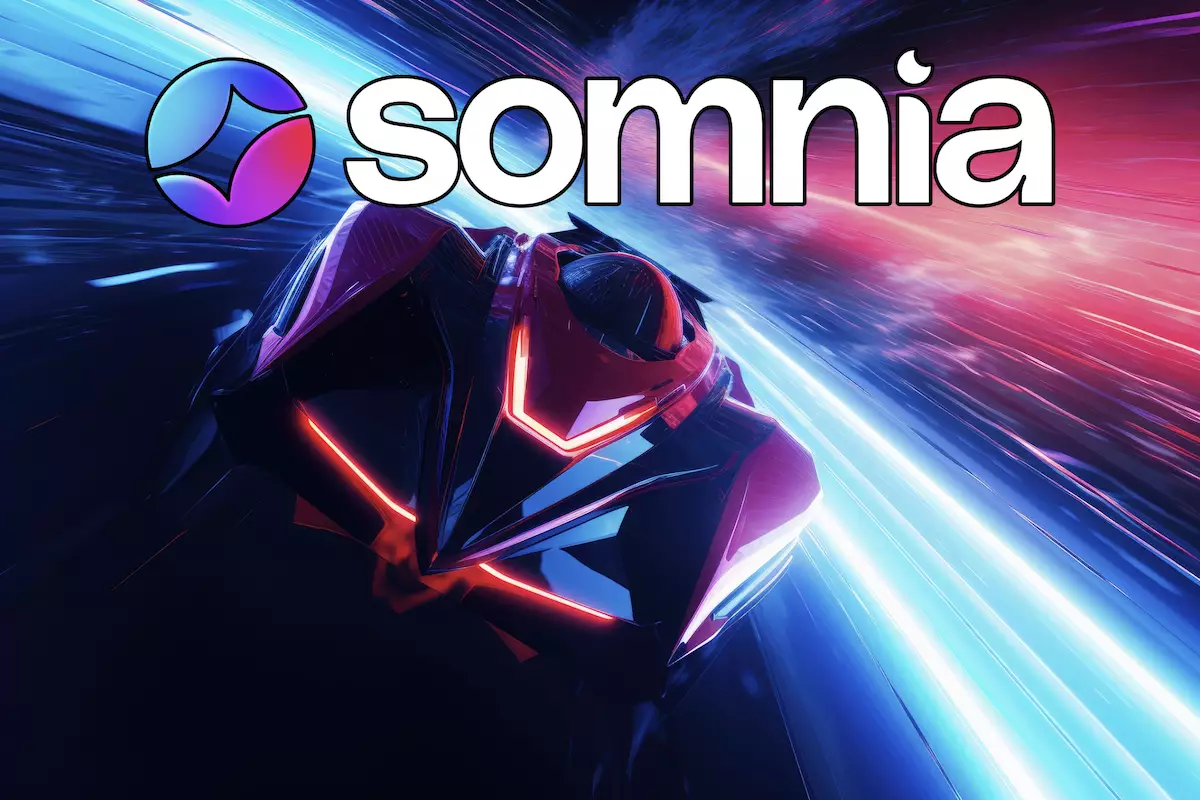In an ambitious move that could redefine the gaming industry, Somnia—a cutting-edge Layer-1 blockchain—has announced its commitment to onboarding millions of traditional gamers to the world of blockchain. The core tenet of Somnia’s strategy is its impressive capability of processing over 400,000 transactions per second (TPS). This extraordinary speed is not merely a technical marvel; it is a fundamental requirement for supporting a seamless gaming experience that appeals to today’s players. Coupled with a generous grant initiative, Somnia is setting the stage for a new era of interactive entertainment that leverages blockchain’s unique potential.
One of the standout aspects of Somnia’s blockchain is its performance demonstrated on the development network (DevNet). Rigorous testing has confirmed that Somnia can achieve remarkably swift transaction times, laying down a solid groundwork for scalable applications. This performance indicates not only a viable transition to the mainnet but also a commitment to eliminating conventional blockchain challenges like network congestion and exorbitant fees. For gamers accustomed to instant actions and responses, this could mark the end of frustrating delays that have often plagued traditional blockchain gaming.
Somnia’s unique architecture emphasizes “reactive” applications, which respond automatically to both real-world stimuli and on-chain events without necessitating third-party platforms. This innovative design ensures that developers can focus on enhancing game playability instead of being bogged down by complex off-chain dependencies. By integrating fundamental features such as timers and verifiable randomness within the blockchain, Somnia significantly lowers implementation costs while maintaining the decentralization ethos that blockchain technology is renowned for.
As gaming evolves, so too do players’ expectations. Somnia’s robust TPS alongside its swift finality and minimal fees positions it as a prime candidate for developing expansive, immersive, real-time gaming experiences. This high-performance infrastructure permits creators to explore expansive virtual realms and design visually striking graphics that push the boundaries of storytelling. Additionally, by leveraging built-in reactive functionalities, Somnia is uniquely prepared to meet the fast-paced demands inherent in real-time gaming.
The founder of Somnia, Paul Thomas, underscores the significance of this development, stating that “Blockchain gaming has been held back by technical limitations for too long.” He believes that Somnia provides developers the necessary tools to craft engaging, scalable games that players truly desire. This sentiment speaks to a broader shift in the industry toward embracing blockchain’s transformative capabilities.
In addition to its rapid transaction capabilities and low operational costs, Somnia aims to dismantle existing barriers—specifically, the notorious “gas wars” and high fees that have discouraged many from exploring blockchain gaming opportunities. By eradicating these obstacles, Somnia not only attracts developers but also invites players to engage without the fear of financial repercussions commonly associated with other blockchain platforms.
Complementing their technical infrastructure, Somnia offers comprehensive engineering guidance for developers entering the network. From foundational coding to design for decentralized applications and games, this support system is designed to nurture and empower creators, facilitating the transformation of innovative ideas into fully operational products. This holistic approach ensures that both technology and creativity align seamlessly on the Somnia platform.
At the heart of Somnia’s initiative is its $10 million grant program, intended to catalyze the creative process for GameFi innovators. This funding serves not only as a bootstrap for advancing early concepts but also as a robust resource for bringing ground-breaking on-chain applications to fruition. By supporting developers financially and technically, Somnia is positioning itself as a key player in the burgeoning field of blockchain gaming.
By prioritizing innovation and fostering a collaborative ecosystem, Somnia is not just a blockchain project; it represents a paradigm shift in the gaming industry, aligning with the future of Web3 technology. As players demand richer experiences and developers seek improved platforms, Somnia stands ready to meet these challenges head-on, writing a new chapter in the ongoing narrative of gaming evolution.

